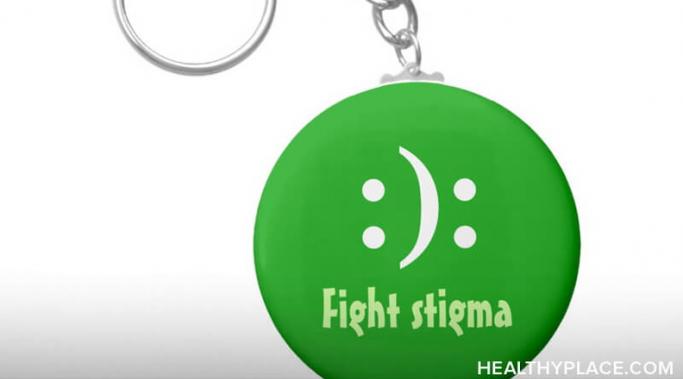How are you?
This is one of the most disingenuous, lie-provoking, overused sentences in the English language. How are you? We say it to fill time and pretend that we care about people whom we obviously don't.
As no one is interested in actually knowing the answer, I have a series of pat answers I typically give. Snazzy. Fabulous. Wonderful. Delightful. Sparkly. Peaches and cream. You?
But the truth of the matter is, when someone asks how I am, even if they really wanted to know, it would make no difference, because really, I have no idea.
Talking About Bipolar
It is often the case that those around a person with bipolar disorder spot the disorder before the person themselves does. That’s pretty understandable as our actions are always louder from the outside. Not to mention our brain, which is supposed to be paying attention to our behaviors, is the thing that’s sick. So, you know, we miss stuff. Crazy tends to obscure reality.
But what if you think a person has bipolar disorder and the person won’t listen? In this case, there are really only three things you can do.
We're all different. There is something fundamentally true about this statement. Red hair, black hair, blue eyes, brown eyes, cat lover, dog lover - see, all different and most of us are mature enough to think that's OK.
But with bipolar, our symptoms vary wildly and for reason, people don't think that's OK.
Ah myths, we love them, don’t we? Friday the 13th is unlucky, Canadians live in igloos and drinking Coke and eating Pop Rocks will make your stomach explode. (Your stomach might not, but your pancreas is another matter.) People buy into myths all the time. When enough people say them, especially if the people are holding microphones or best-selling books, people assume they must be true.
But as a good friend of mine always says, trust, but verify.
I feel, sometimes, that I am at war with the mentally-well world. This isn’t to say that many of them aren’t lovely or that I have a desire to harm anyone, but I do feel embroiled. And it’s mostly because the well population just doesn’t understand what it is to be unwell. They demonstrate this heartily by repeatedly saying the worst things possible to a person with a mental illness.
Recently I was contacted by someone (let’s call her Ms. X) who wanted to end a friendship with a bipolar person and asked me how to do it with the least harm possible. I talked with Ms. X and it appears that her bipolar friend had been doing some very hurtful things. I asked Ms. X if she had talked to her friend about these things. Ms. X said that no, she hadn’t.
So why is terminating a friendship preferable to talking about the problem?



